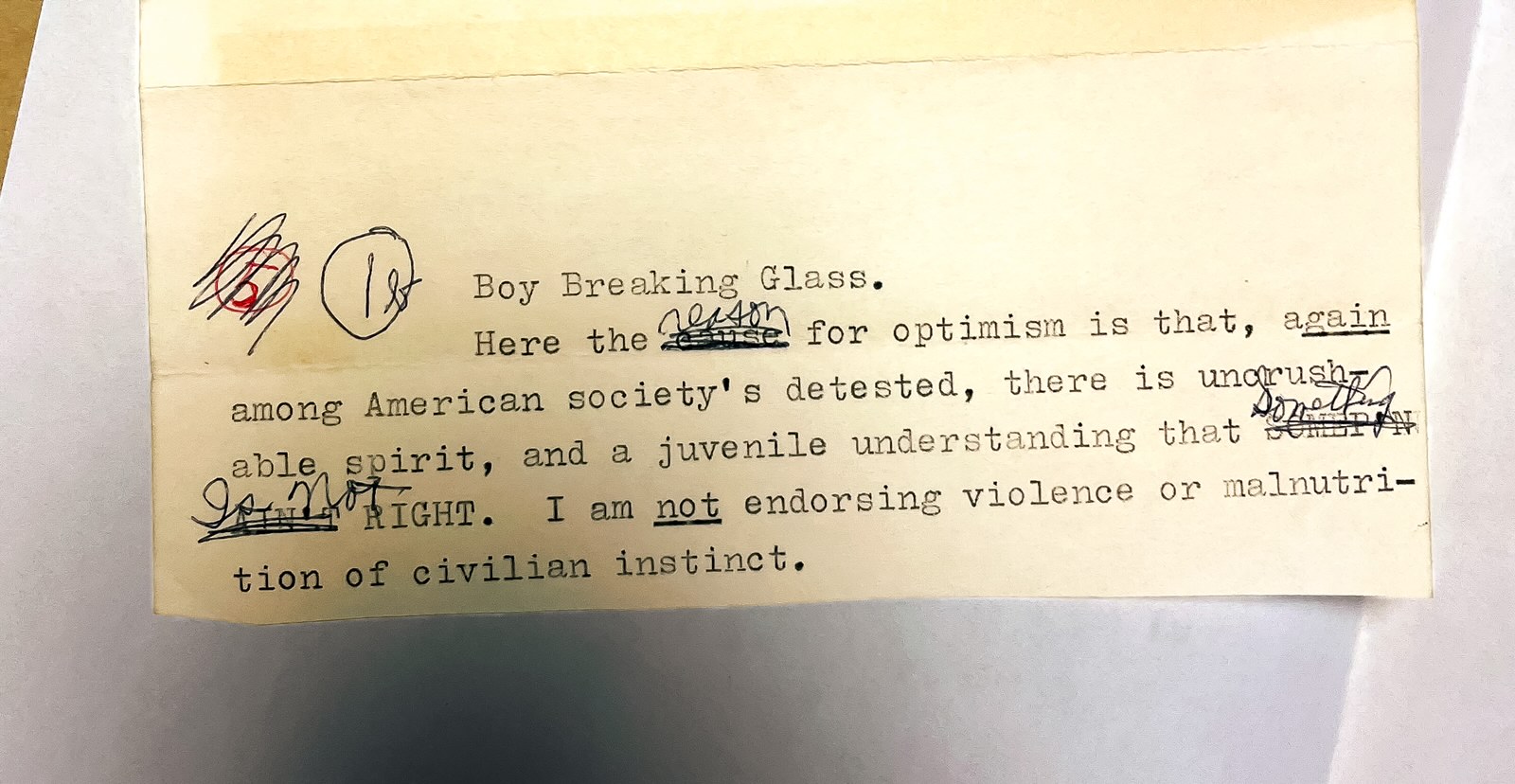New Scholar Program: The Matter of Diasporic Record: Gwendolyn Brooks’s Print Culture & Poetics
with Jessica Modi

The Matter of Diasporic Record: Gwendolyn Brooks’s Print Culture & Poetics
In the June 1967 issue of Negro Digest/Black World, Gwendolyn Brooks’ poem “Boy Breaking Glass” interrupts a review of Franz Fanon’s Black Skin, White Masks. On the following page begins a debate between Wole Soyinka and Leopold Sénghor on Black diasporic identity during African decolonization. Acting as a hinge between the two, Brooks’ poem concatenates the imagined communities through which Negro Digest circulates. However, scholarship on the poem has lost this diasporic frame. It discusses the poem as contextless lyric or within the context of Brooks’ 1968 collection, In the Mecca, wherein it appears between two domestically focused poems. In my paper, I will examine how the poem’s original print context makes this poem tractable within the African diasporic and anti-colonial discourse from which Brooks’s work often is excluded. My paper asks: To what extent can this kind of reading revalue African American belonging within anti-colonial movements, especially for Black women like Brooks who were not able to travel as extensively as their male counterparts? Black-owned and operated printed media were foundational to the development of internationalist solidarities in the 1930s to the 1950s and burgeoning communication networks outside the mainstream, white press (Denning, 1996; Edwards, 2003; Goldsby, 2022; Horne, 2017; Nishikawa, 2015, 2019; Spires, 2019; Von Eschen, 1997). By analyzing Brooks’s poem “Boy Breaking Glass” in both its original periodical format and its codex revisions, its codex revisions to show that Brooks charted négritude as giving way to Third Worldism. Thus, this paper contests the pre-1967 characterization of Brooks’s poetry as hyper-local and instead recasts it as steeped in the anti-imperial discourse of African diasporic thought. I employ “scalar belonging” as a heuristic for understanding Brooks’s simultaneous entanglements with community organizations, national political agendas, and anti-colonial movements. Altogether, I will tell the story of how, in the midst of decolonization, nuclear escalation, and Jim Crow, Black poets like Brooks made formal experimentation and alternative print formats and integral to diasporic self-determination in the burgeoning world order.
Jessica Modi is a PhD Candidate in English Literature and African American Studies. They are interested in 20th/21st-century African American and black diasporic literature; poetry and poetics; history of the book; Marxism; postcolonial studies and decolonial aesthetics; media studies; and creative writing.